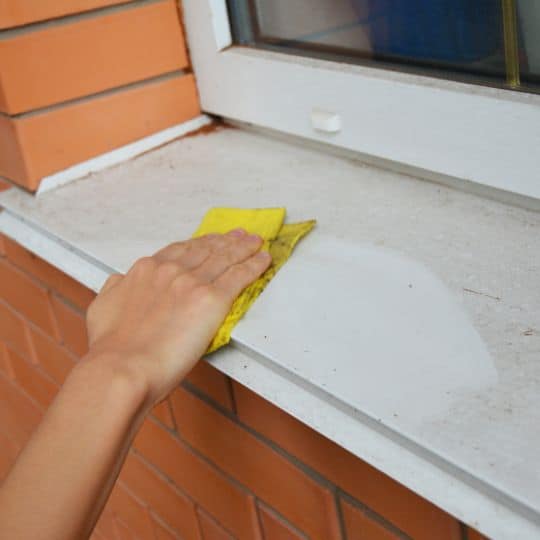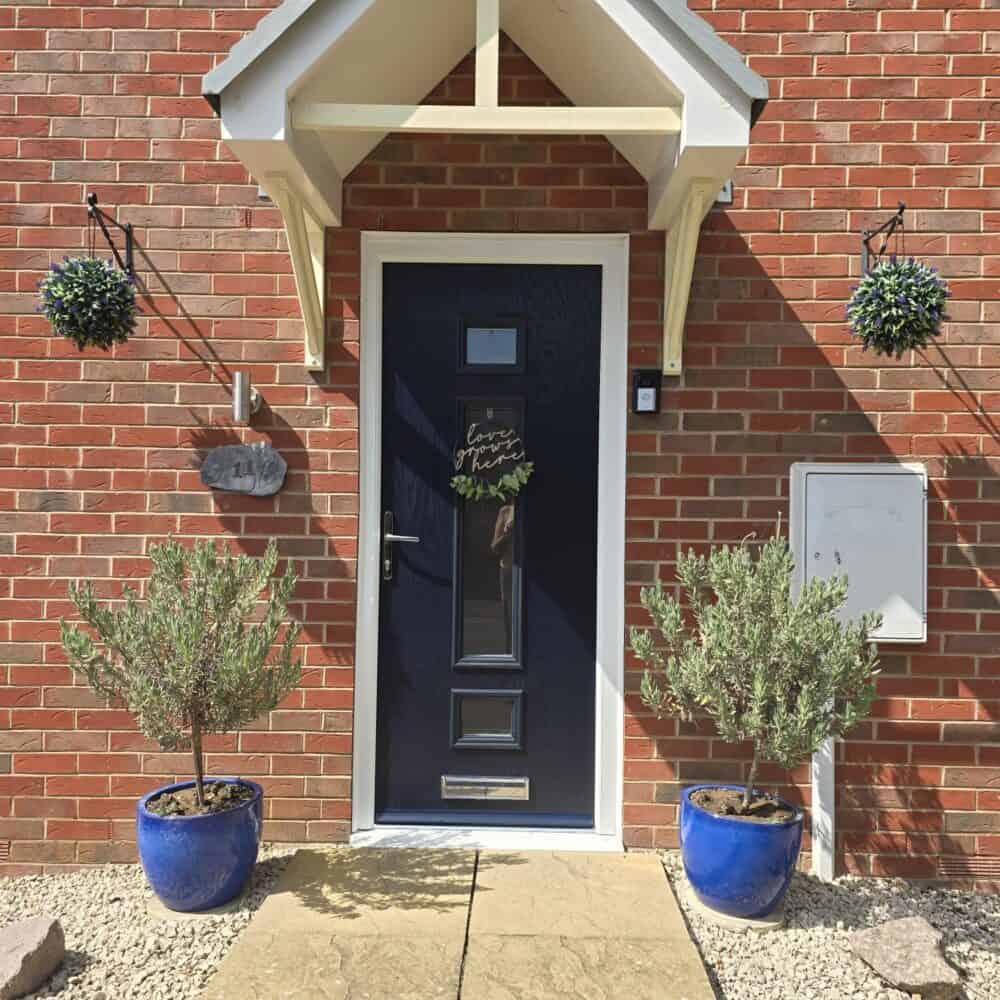Plumbing Home Renovation checks
Table of Contents
Are you planning a plumbing home renovation? A well-functioning plumbing system is the backbone of any household, and neglecting it during a renovation can lead to disastrous consequences. We will explore the importance of conducting renovation checks especially on older homes and provide you with valuable tips to ensure your project goes smoothly. From avoiding costly plumbing problems and repairs to preventing water damage, these checks are essential for any homeowner embarking on renovation work.
Assess Your Needs
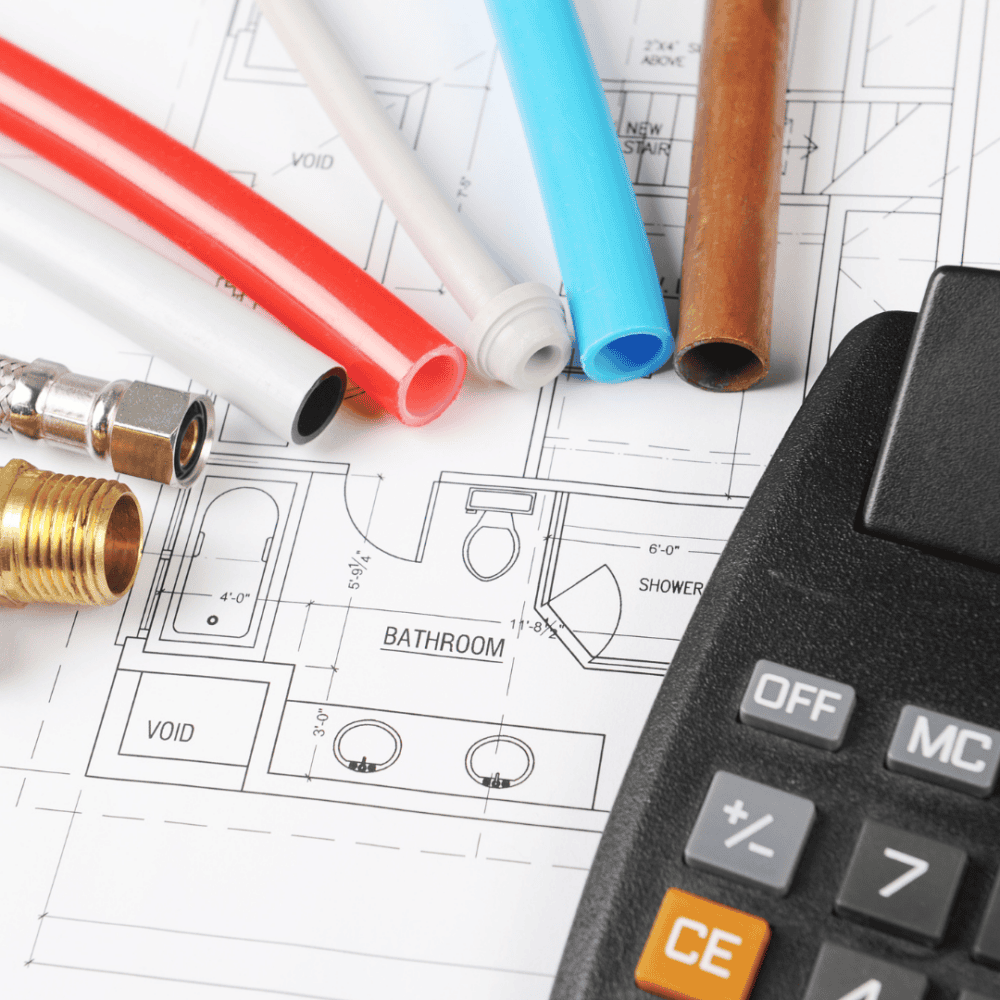
Check the condition of your old plumbing system and conduct a thorough inspection, looking out for leaky faucets, clogged drains, or outdated pipes that may require immediate attention.
Take some time to evaluate what changes need to be made – whether it’s installing new fixtures for better water efficiency or replacing old pipes prone to leakage – and factor them into your plumbing home renovation plans accordingly.
An investment in upgrading your plumbing now is a good idea and can go a long way in saving you both time and money down the line.
Hire Professionals
When it comes to a plumbing home renovation, many homeowners often attempt to tackle the tasks themselves in an effort to save money. While DIY projects can be satisfying and cost-effective in some instances, there are certain situations where hiring a licensed contractor is undoubtedly the smarter choice. Hiring professionals not only ensures that the job is completed correctly and efficiently, but it also provides a sense of peace of mind knowing that experts who possess specialized knowledge and skills are handling the task at hand.
One key advantage of hiring professionals for plumbing or home renovation projects is their expertise. These individuals have undergone extensive training and have years of experience working in their respective fields. This means they have encountered a wide range of issues and challenges over time, arming them with valuable troubleshooting skills that can come in handy when unexpected problems arise during a project. Their expertise allows them to quickly identify the root cause of any issues, implement effective solutions, and ensure that the work meets industry standards.
Another important factor when considering hiring professionals is safety. Plumbing work involve potentially hazardous situations like high water pressure or chemical exposure which inexperienced individuals may not know how to handle properly. Similarly, home renovation projects often require working with power tools and electrical wiring which can pose serious risks if mishandled. Professionals are well-versed in safety protocols necessary for such tasks, reducing the risk of accidents or injuries occurring during the project.
Plumbing Update
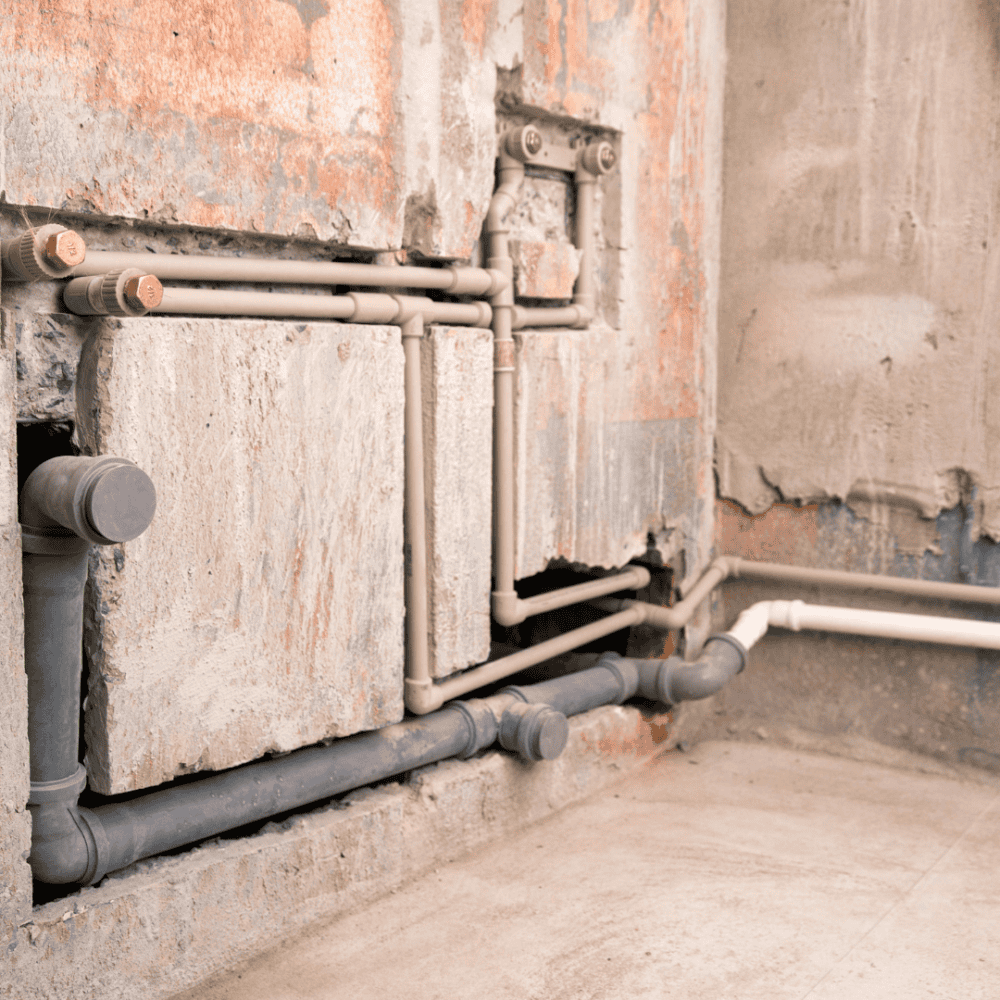

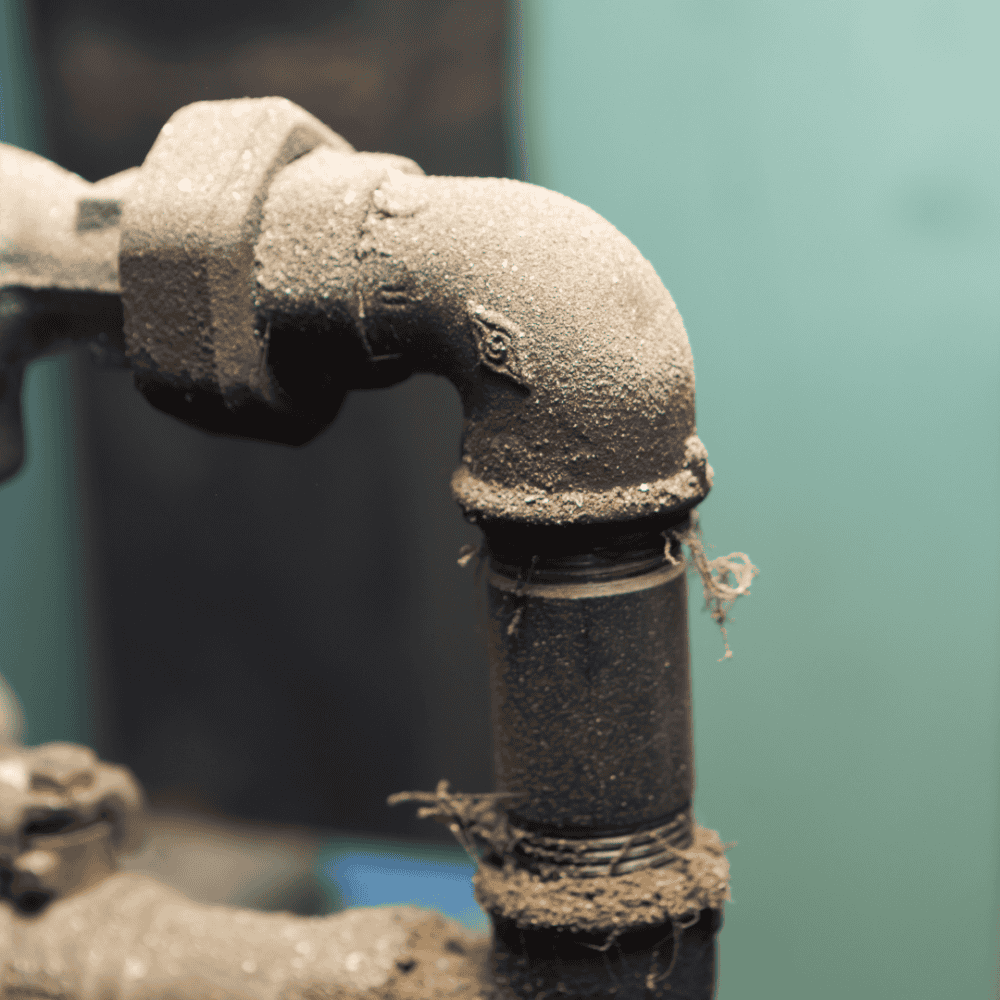
Pipe Replacement
The benefits of proper pipe replacement during the Plumbing Home Renovation checks are numerous. Firstly, new pipes ensure a steady and reliable flow of water throughout your home, reducing the risk of small leaks or burst pipes. This not only saves you from costly repairs but also protects your property from potential water damage. Installing modern plumbing systems allows for increased efficiency and improved water pressure .
Pipe replacement provides an opportunity to upgrade outdated materials with newer ones that are more resistant to corrosion and scale buildup. Replacing old galvanized steel pipes with durable copper or plastic piping drastically reduces the chances of rust or blockages occurring over time. In turn, this leads to better overall water quality and reduces the need for frequent maintenance visits and plumbing repair.
Lead Pipes
Lead pipes can pose a serious health risk and safety issues, yet many homeowners are unaware if their plumbing system contains them. If you live in an older home or are unsure about the materials used in your plumbing, it is crucial to address any lead pipes if present. While lead pipes were commonly used in the past due to their durability and malleability, we now know that exposure to lead can have severe consequences on our health.
Aside from the potential dangers related to drinking water contaminated with lead, there are other reasons to consider replacing these pipes during a plumbing home renovation. Upgrading your plumbing system not only ensures the safety of your family but also increases the value of your property. Potential buyers will appreciate knowing that their future home is free from this hazardous material and will consider it as an added benefit when making a purchase decision.
In order to identify whether you have lead pipes at all, hiring a licensed plumber who specializes in vintage homes and older plumbing systems is highly recommended. They will conduct a thorough inspection and provide you with expert advice on the best way to address any issues found. Taking proactive steps towards eliminating lead from your living environment is essential for maintaining a healthy home for years to come.
Fixture Updates
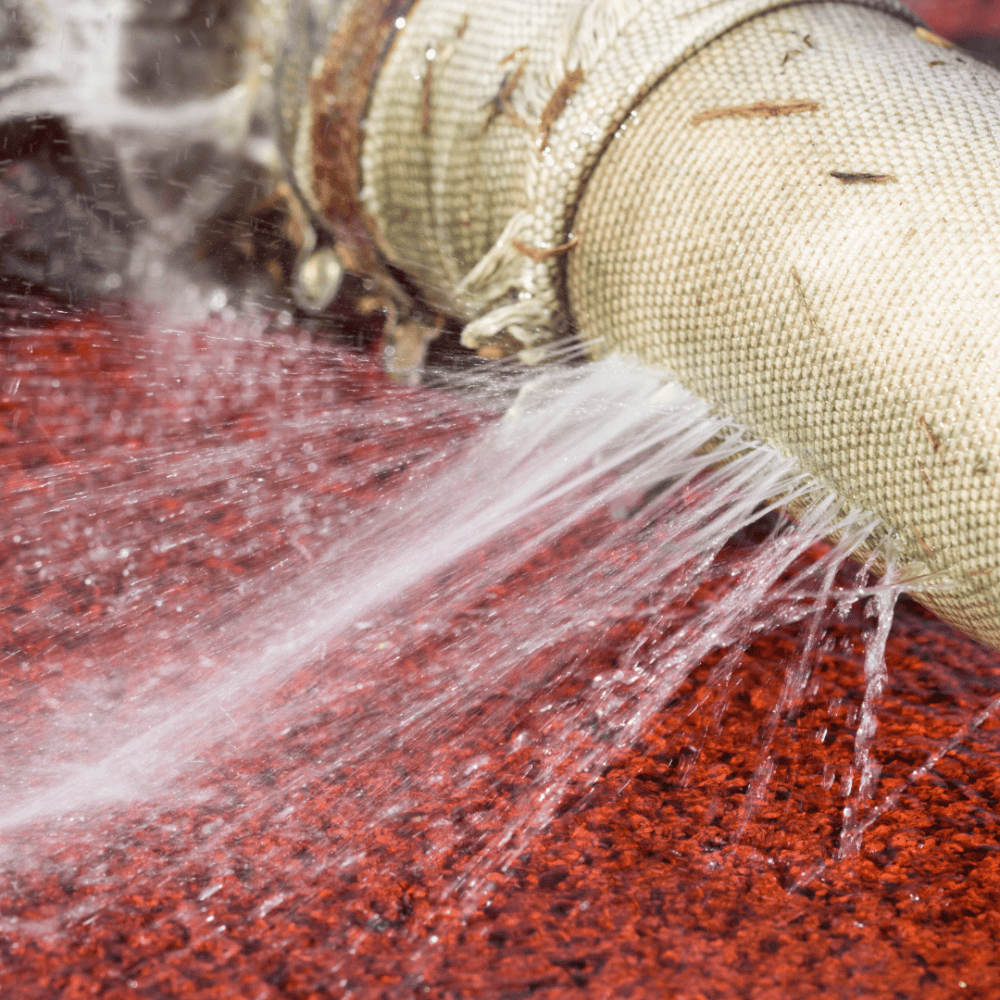
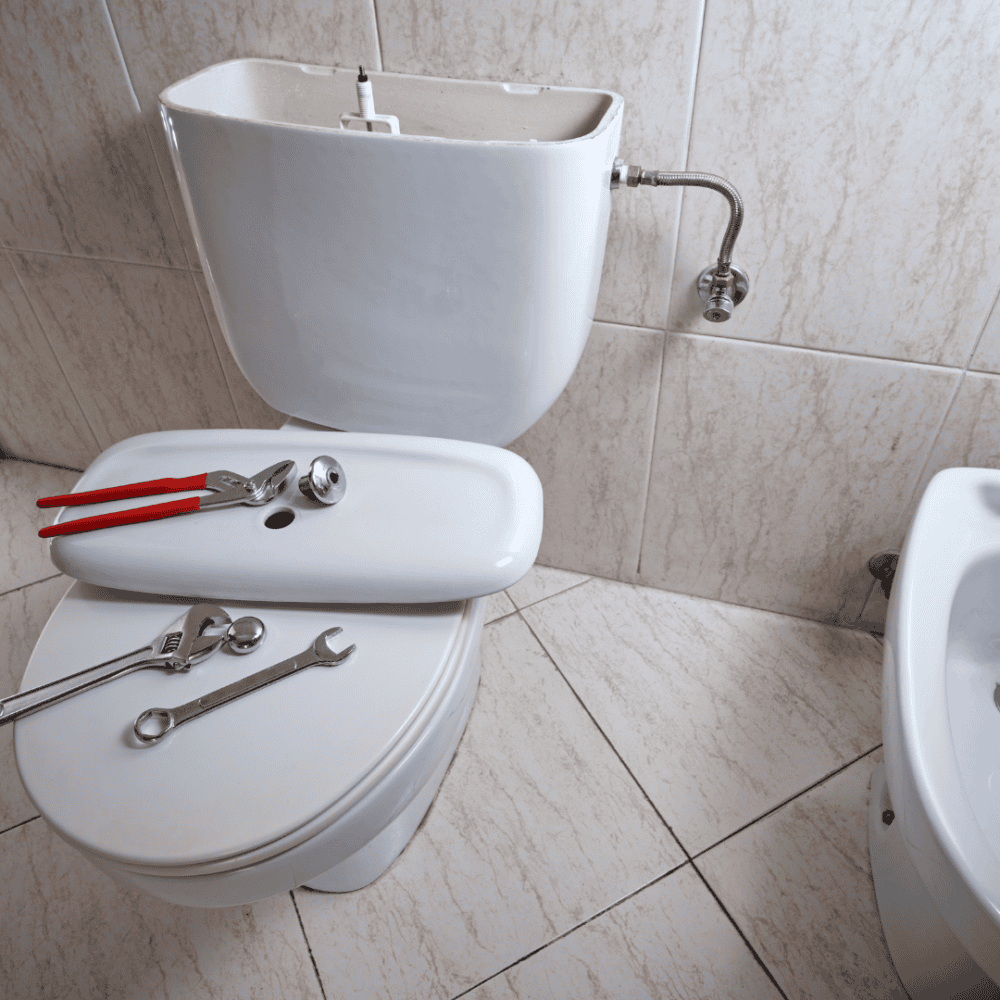
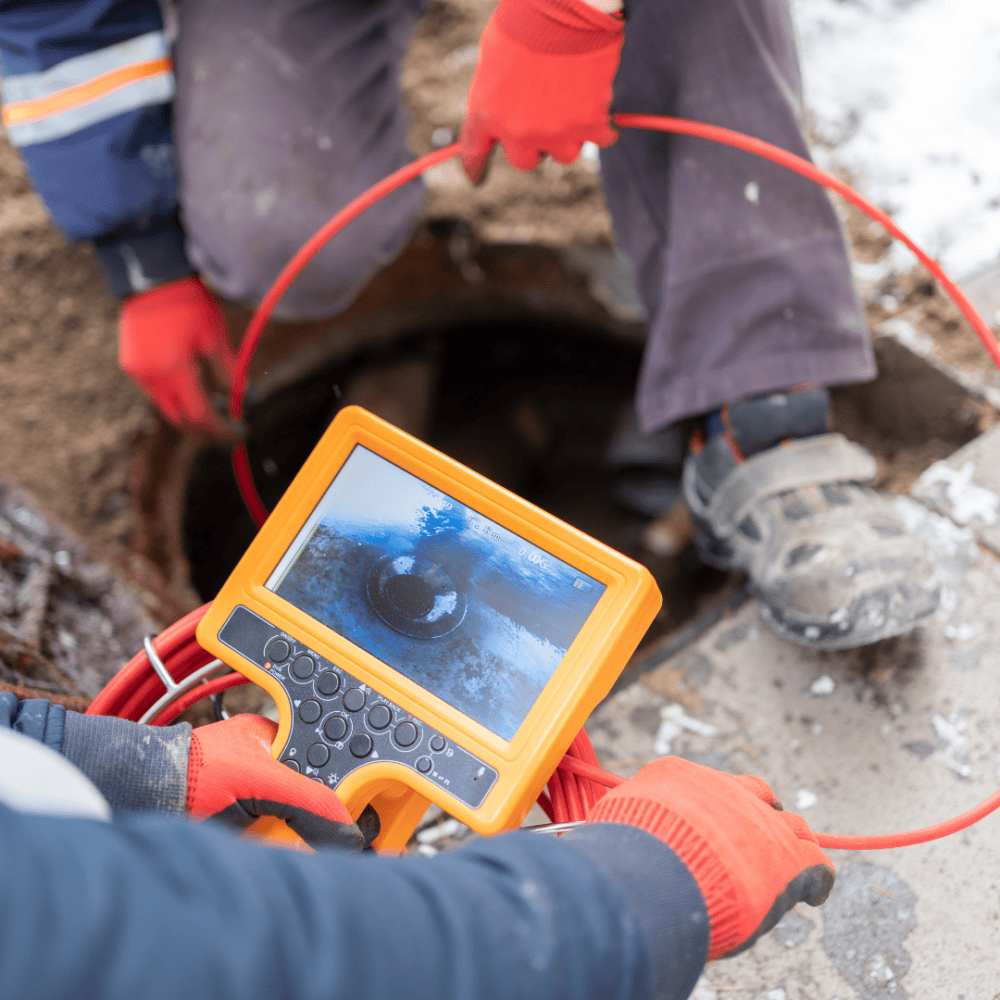
Fixtures
Outdated fixtures not only look old and worn out, but they can also cause various problems such as leaks and poor water pressure. Replacing outdated plumbing fixtures with the help of a Doylestown PA emergency plumber not only enhances the visual appeal of your home but also improves its functionality. Upgrading to modern fixtures not only gives your bathroom or kitchen a fresh new look but can also add value to your property.. Newer faucets and showerheads are designed with water-saving features that can help you reduce your monthly utility bills.
Over time, older fixtures may develop cracks or hidden water pipe leak which could lead to water damage and mold growth in your home. By investing in new plumbing fixtures following preventative maintenance checks, you can prevent these issues before they become costly repairs that potentially affect your health as well.
Leaks Toilet & Faucets
One crucial aspect that should be checked during a plumbing home renovation is the presence of leaks in faucets and toilets. Even the smallest leak in the septic system can lead to significant water wastage and expensive utility bills.
To ensure your faucets are leak-free, carrying out a home inspection to check each one for any dripping or constant running when turned off. Don’t forget to inspect the toilet tanks as well, as leaks can often go unnoticed there. A simple trick to detect toilet leaks is by using food coloring in the tank water. If the water in the toilet bowl changes color without flushing, you’ve got a leak in the sewer systems on your hands.
Not only will fixing these leaks save you money in the long run, but it is also an environmentally-friendly choice. Conserving water is essential for preserving our planet’s resources and reducing our carbon footprint.
Sewer and Drain Inspection
Sewer and drain inspection may not be the most glamorous topic when it comes to home renovations, but it is certainly one that should not be overlooked. Plumbing home renovation issues can cause major headaches and expensive repairs if left unchecked. By conducting regular sewer and drain inspections, homeowners can catch potential problems early on and save themselves a lot of time, money, and stress.
One often overlooked benefit of sewer and drain inspections is the potential for improved health and well-being. Clogged drains and sewage backups can create major issues and an unhealthy living environment due to foul odors, mold growth, and bacteria accumulation. By keeping a plumbing inspection checklist
and addressing any issues immediately, homeowners can ensure that their drains are clear of any obstructions or buildup that could lead to these unsanitary conditions.
Additionally, sewer and drain inspections provide an opportunity for homeowners to learn more about their plumbing system. A skilled inspector can provide valuable insights into the sewer line and the condition of pipes. They can identify leaky pipes or weak spots also potential areas of concern, as well as offer solutions or preventative measures to prolong the lifespan of the system. This knowledge empowers homeowners to make informed decisions about their plumbing maintenance moving forward.
Backflow prevention devices

Backflow prevention devices are specifically designed to prevent the contamination of potable water by stopping unwanted reverse flow or backflow from entering your plumbing system. While many homeowners may assume that their water supply is always safe, the reality is that without proper precautions, there are numerous scenarios where backflow can occur.
One such scenario is during a sudden drop in pressure within the municipal water supply network, which can lead to a vacuum effect and pull contaminants into your home’s plumbing system. Another common situation arises when there is a sudden increase in demand for water on your property, such as when using a garden hose connected to a pesticide or fertilizer sprayer. In these situations, without an effective backflow prevention device installed, you run the risk of unknowingly introducing harmful chemicals or other hazards into your drinking water.
Investing in backflow prevention devices not only ensures the safety of your household’s water supply but also protects against potential legal liabilities and financial losses associated with contaminated drinking water. By proactively installing these devices either at specific points within your plumbing system or at the main connection point with the municipal supply line itself, you can significantly reduce the risk of cross-contamination and safeguard against any potential health hazards. Moreover, considering that many municipalities require annual inspections and certifications for buildings equipped with these devices, failing to comply could result in costly fines.
Water Heater Upgrade
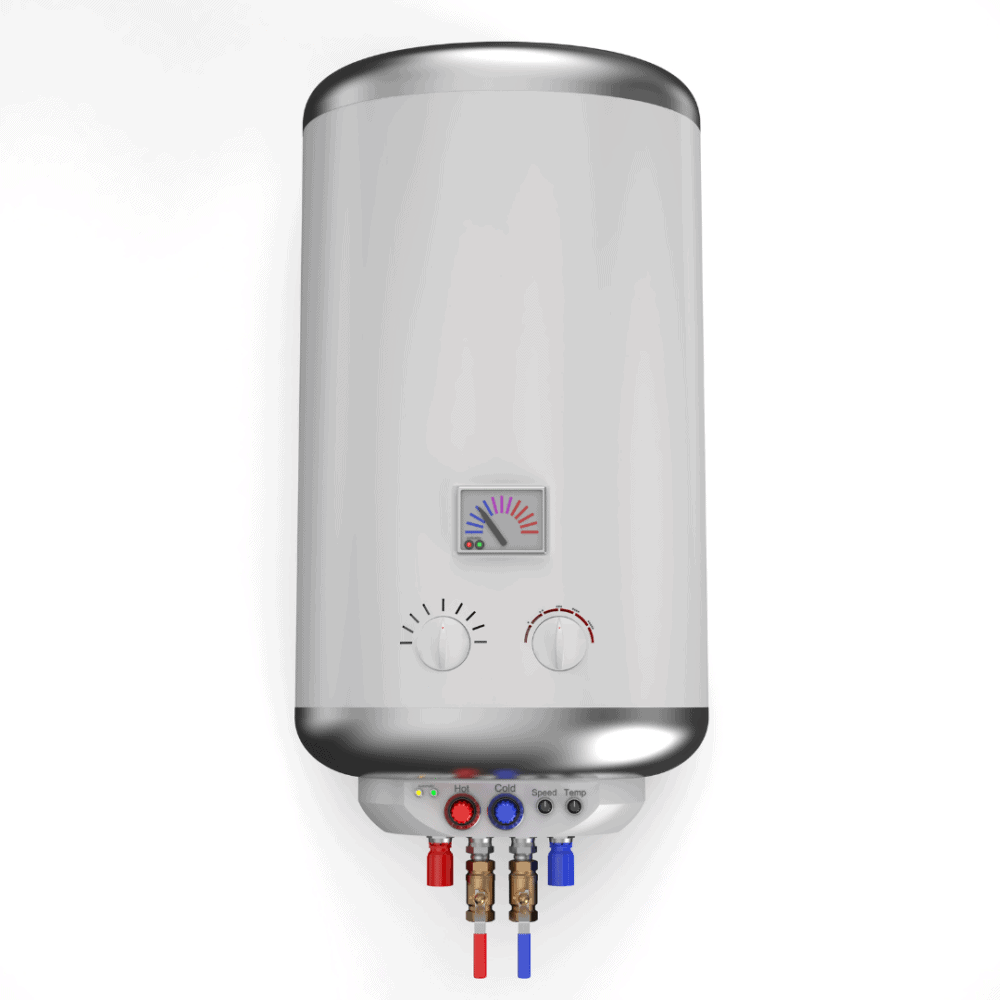
Considering a water heater upgrade in major renovations can greatly enhance the comfort and efficiency of your home. With advancements in technology, newer models of water heaters offer better energy efficiency, faster heating times, and increased durability compared to older units.
One of the main benefits of upgrading your water heater is improved energy efficiency. Older models tend to be less efficient, leading to higher utility bills and wasted energy. By choosing a newer model with Energy Star certification as a best solution, you can significantly reduce your energy consumption and save money over time.
Another advantage worth mentioning is the faster heating times offered by modern water heaters. Newer models are designed with innovative features that enable quicker heat recovery rates, ensuring a steady supply of hot water even during high demand periods in your household.
Investing in a water heater upgrade not only enhances the functionality and efficiency of your home’s plumbing system but also offers long-term savings on utility bills. If your water heater is old or inefficient, consider replace it with an energy-efficient tankless or heat pump water heaters for energy savings.

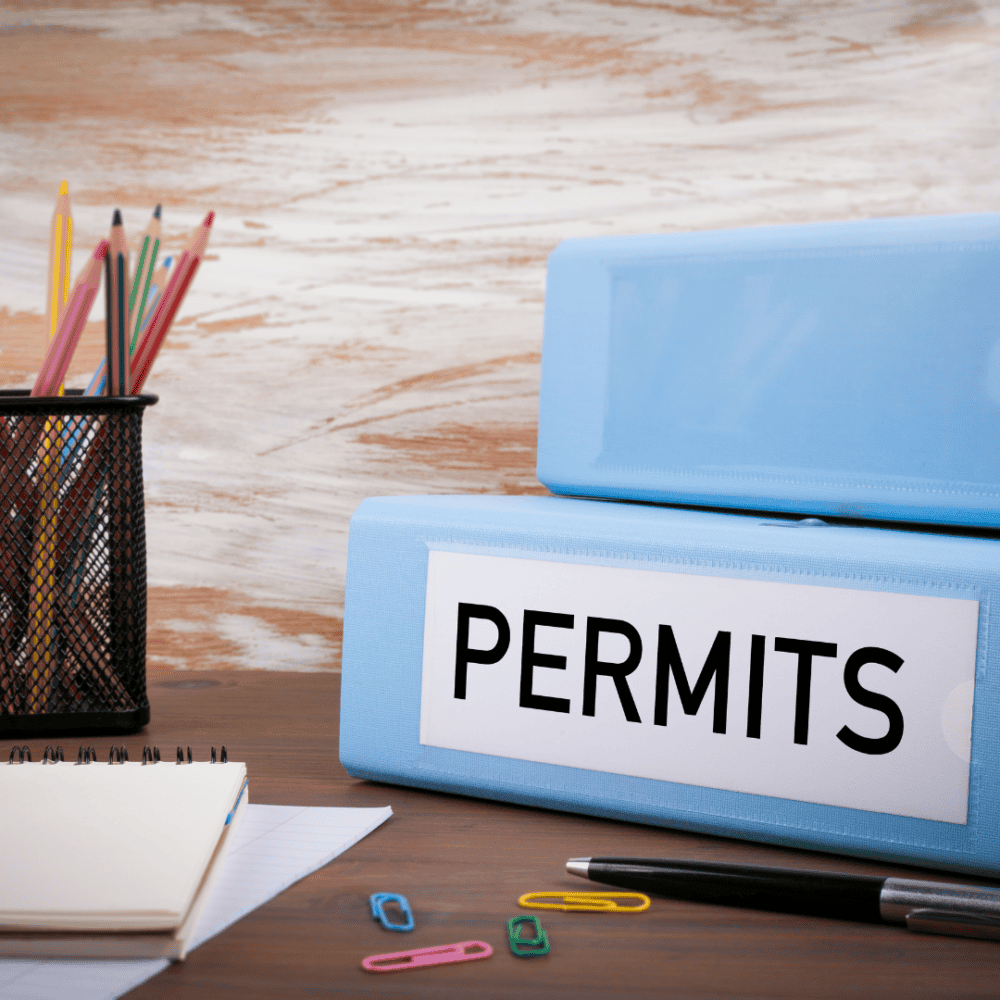

Insulation and Ventilation
Proper insulation and ventilation are two crucial components of any well-designed and energy-efficient home. While many homeowners tend to overlook these aspects, they play a critical role in maintaining a comfortable living environment while also saving on energy costs.
Insulation acts as a barrier against the transfer of heat between your home’s interior and the outside environment especially in cold weather. By reducing heat loss during the winter and heat gain during the summer, insulation helps to maintain a stable temperature throughout your house. However, it’s important not to forget about proper ventilation alongside insulation. While insulation keeps conditioned air inside your home, ventilation ensures proper air circulation by allowing fresh air to enter and stale air to exit. This exchange of air prevents humidity buildup, helps control odors, and improves indoor air quality.
When it comes to plumbing home renovation checks, don’t disregard the impact of insulation and ventilation systems. In addition to their obvious benefits like improved comfort and reduced energy consumption, investing in high-quality materials for insulation can also contribute to noise reduction within your home. Ensure pipes are properly insulated to prevent freezing in cold climates. Properly ventilate bathrooms and kitchens to prevent mold and moisture issues. By prioritizing these often neglected aspects will not only enhance your living space but also ensure better health for you and your family over time.
Permits and Codes
Many homeowners often overlook the importance of obtaining the necessary permits and following local building codes. However, plumbing checks are crucial steps that can not only ensure the safety of your household but also save you from costly mistakes in the long run.
Plumbing is one aspect of home renovation that requires special attention. It’s not just about fixing leaks or installing new fixtures; rather, complying with plumbing codes helps prevent potential hazards such as contaminated water supply or improper wastewater disposal. A proper permit ensures that licensed professionals carry out the work according to industry standards, minimizing the risk of leakages and pipe breakages down the line.
Remember: investing time and effort into understanding permit requirements and adhering to applicable codes is essential for a successful home renovation project that prioritizes both safety and quality workmanship. Don’t hesitate to consult with professionals in plumbing fields if you have any doubts; they’ll help guide you through this bureaucratic jungle while ensuring compliance every step of the way.
Budget and Timeline
When it comes to home renovations, budget and timeline are two crucial factors that can make or break a major project. Many homeowners tend to overlook the importance of creating a realistic budget and setting a proper timeline for their plumbing home renovation. Failing to plan in these areas can lead to unexpected expenses and delays that can potentially derail your entire project.
Firstly, when creating a budget for your plumbing home renovation, it’s essential to consider all possible costs. Beyond the obvious expenses like materials and labor, there may be additional expenses and hidden fees such as permits or unexpected issues that arise during construction. By conducting thorough research and consulting with professionals in the field, you’ll be better equipped to estimate these additional costs accurately.
Secondly, setting a realistic timeline is crucial for ensuring the smooth progress of your plumbing renovation project. Rushing through the process not only increases the likelihood of mistakes but also hinders quality workmanship. Taking the time to plan ahead and schedule each phase of your renovation will allow for more efficient coordination between different tradespeople involved in the project.
By paying attention to both budget and timeline you can save yourself from financial headaches and unnecessary stress later on.
Thorough planning is key – anticipate potential challenges, consult experts for guidance, and always leave some room in your budget and schedule for unexpected surprises along the way.
Regular Maintenance
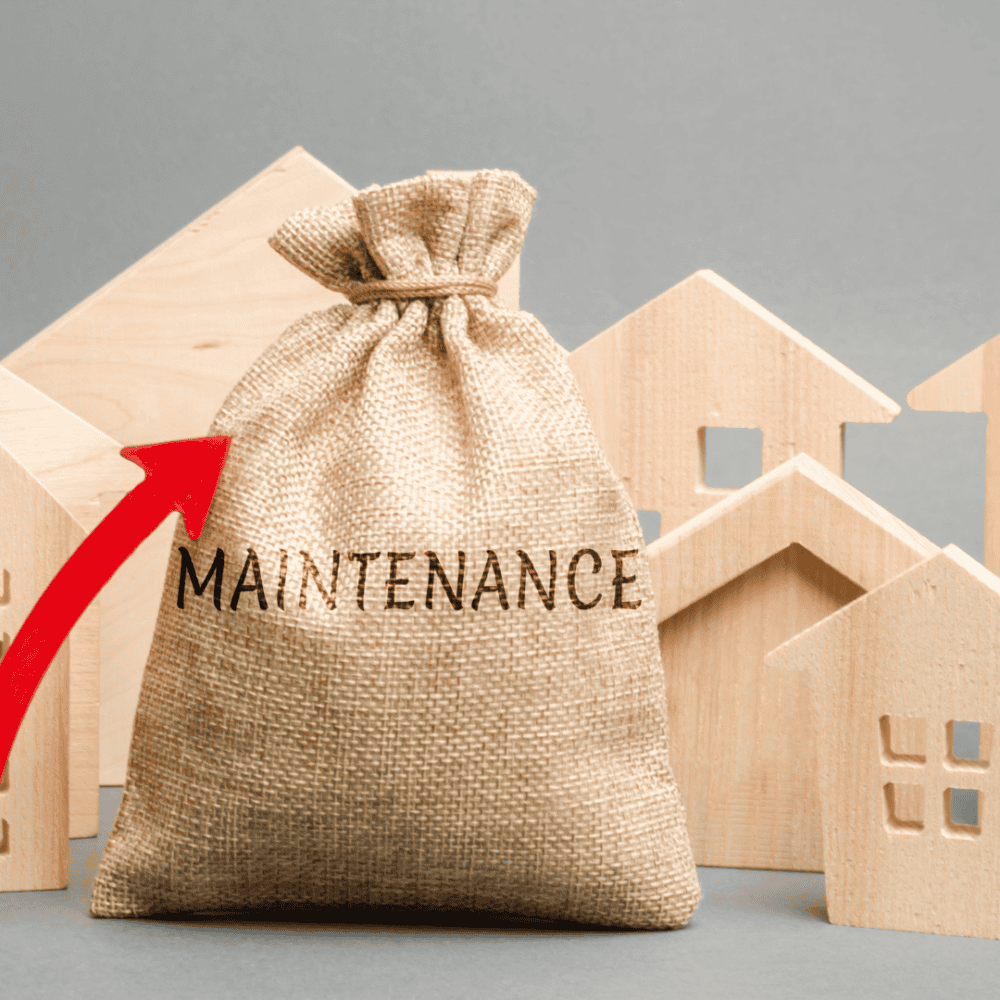
Regular maintenance is the key to preventing expensive and inconvenient home plumbing system issues. By performing routine checks, homeowners can identify potential problems before they escalate into major headaches. Inspecting faucets and pipes for leaks, checking water supply line and pressure, and cleaning out drains are simple tasks that can save you from costly repairs down the road.
Regular maintenance goes beyond just addressing plumbing concerns. It also forms an essential part of home renovation projects. Taking care of existing systems before starting a renovation ensures that you won’t inadvertently cause damage or encounter unexpected complications during the process. By including regular maintenance as part of your renovation plan, you can ensure a smooth and successful project overall.
So often we focus on renovating our homes to make them look better or function more efficiently, but neglecting the importance of regular maintenance can undermine all our efforts.


